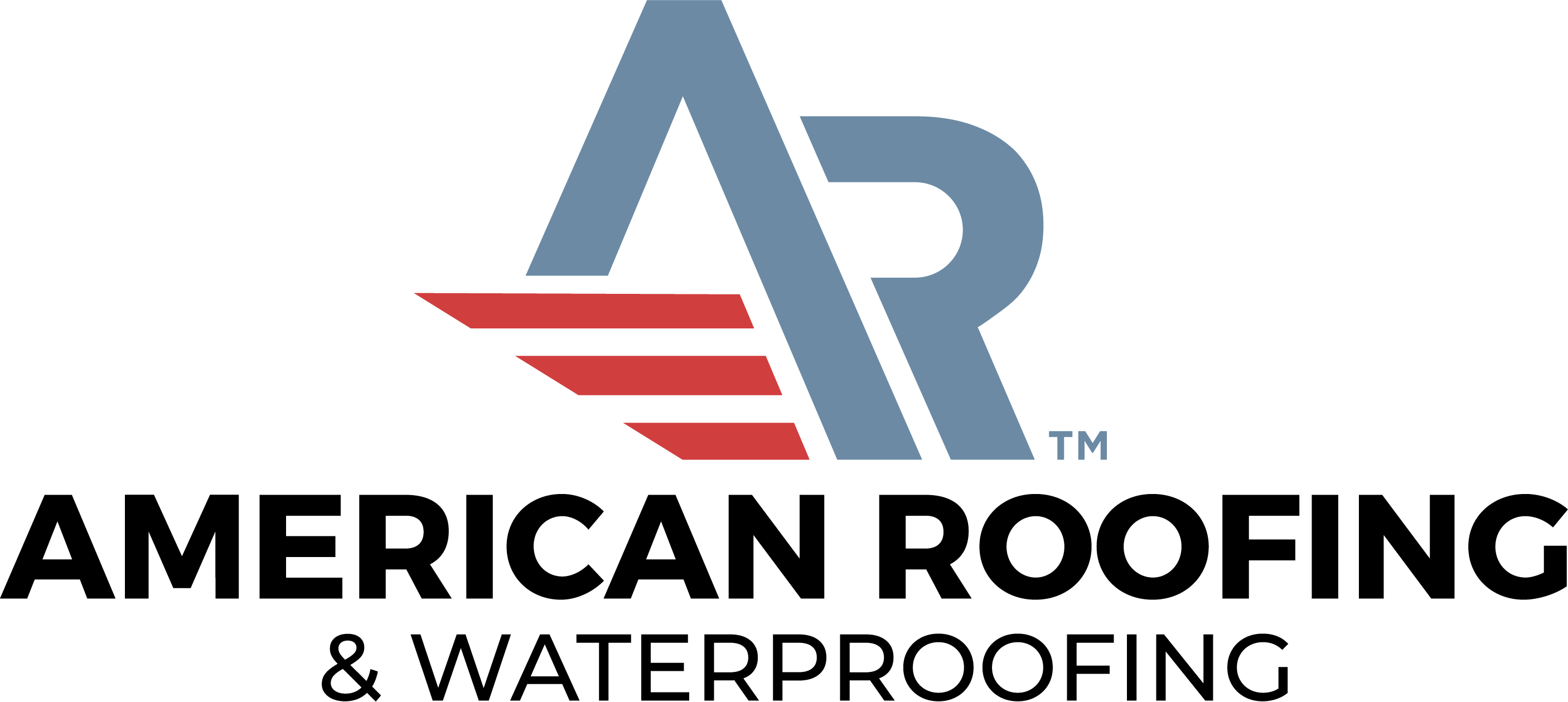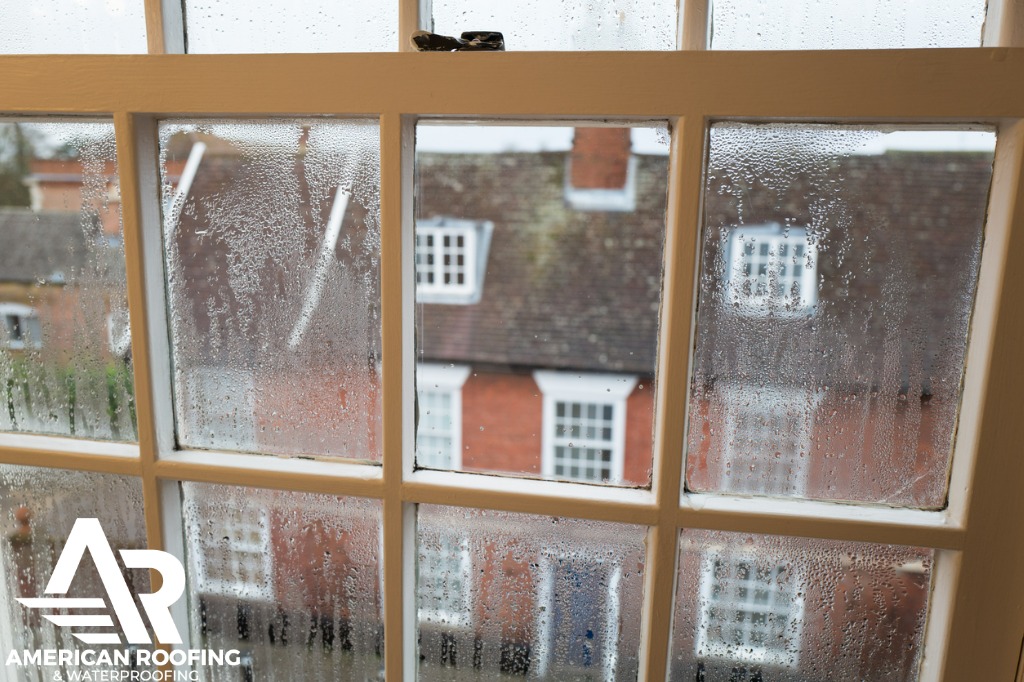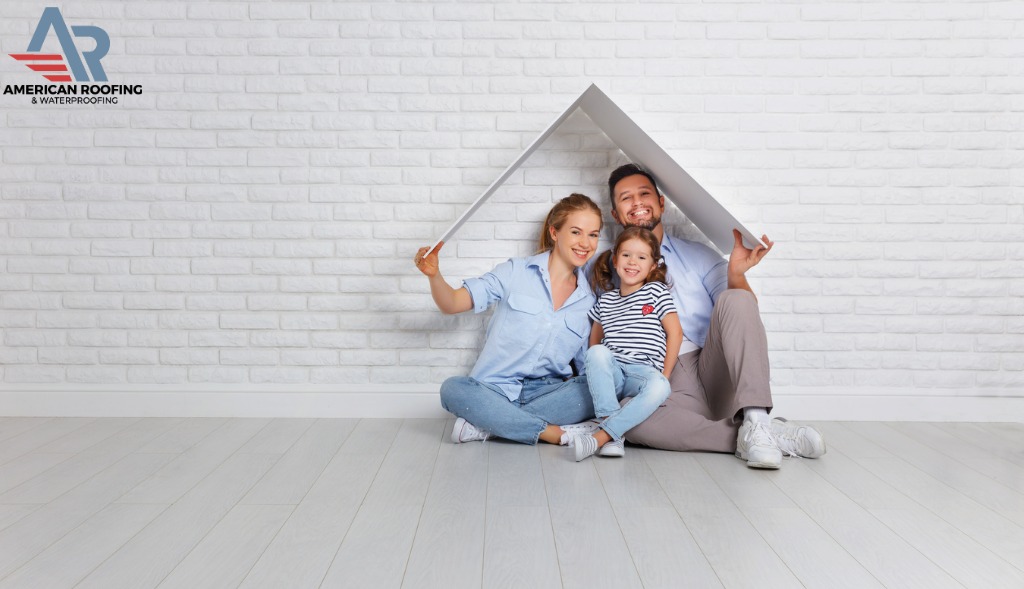An Introduction to the Most Cost Effective Flat Roofing Options
Flat roofs provide a cost effective and reliable option for covering buildings with a vast surface area such as large commercial or industrial structures. With easy access to equipment and other building parts, flat roofs typically double as utility areas, allowing room for air conditioning units, satellite dishes or other important equipment pieces. Below are some options within the flat roof category.
Built-Up Roofing (BUR)
The original form—and still the most common type of flat roofing—the BUR roof has existed for more than 100 years. Commonly known as a “tar and gravel” roof, on average, Built-Up Roofing will be priced between $250 and $400 per square (a square is equal to 100 sq. ft.) for installation and material costs. Materials include bitumen and reinforcing fabrics such as asphalt, cold-applied adhesive and coal tar, while usual reinforcing fabrics include organic and fiberglass mats. Surfacing aggregates such as cap sheets, hot asphalt, aluminum/elastomeric coating help to seal a BUR application.
- Pros: With a life span of up to 30 years, BUR roofs are very affordable and are very low maintenance. Preferred for flat roof types, BUR roofs have a continuous seal and creating great traction. They are also impact, UV ray and fire-resistant.
- Cons: BUR roofs involve an increased risk of wind damage to adjacent objects, difficulty finding leaks, they are heavyweight, have toxic fumes, have a slower installation process and an increased risk for mold.
Metal Roofing
Very popular, safe and stylish, metal roofs will range between $750 and $1,800 per square for labor and materials. The cost will relate directly to the type of metal panel preference. The common metal choices available are steel, aluminum, copper, zinc and stainless steel. Most metal roof installations will also use a coating to prevent degradation, such as rusting.
- Pros: Life expectancy upward of 50 years; lightweight (50-150 lbs. per square); quick/easy installation; fire and impact resistance; energy-efficient by reflecting solar heat and reducing cooling costs.
- Cons: Initial high cost; increased noise from heavy rain and/or hail; possible denting; paint matching (due to chipping, scratching, fading, peeling, etc.); leakage from improper installation; amplified contraction and expansion in extreme weather conditions.
Modified Bitumen Roofing (MB)
A close cousin to BUR, Modified Bitumen is similar in pricing, with installation and material costs between $150 and $250 per square. Materials for multilayered MB roofs are a membrane, cap layer and adhesives. Popular available membranes include fiberglass, nonwoven polyester and composite (a combination of the two). There are two adhesive systems that are commonly used: styrene butadiene styrene and atactic polypropylene.
- Pros: Durability in withstanding fire, water, wind and UV damage. A MB flat roof has increased style options, lower overall cost and the installation process is quicker than original BUR. It’s also recyclable at the end of its life.
- Cons: It has a life expectancy of only 10-20 years, with fire resistance lasting only 5-10 years. It’s also prone to puddling issues.
Thermoset Roof Membrane (EPDM)
Also known as rubber roofing, EPDM installation and materials will on average cost between $350 and $500 per square, depending on the contractor and material choice. The membrane is made from ethylene propylene diene terpolymer and there are three adhesive choices: liquid tape adhesive, screw and plate, and ballasting. EPDM is an extremely durable synthetic rubber derived from oil and natural gas.
- Pros: Favorable pricing, easy installation and 20- to 30-year life expectancy are key motivators. EPDM’s lightweight design flexibility of the membrane and resistance to fire, temperature, wind and impacts are added benefits. These roofs also require only minimal repairs.
- Cons: EPDM roofs have high UV ray absorption, vulnerable seams, a somewhat “unattractive” look and require flawless installation. EPDM’s petroleum-based composition is the cause of its susceptibility to decay.
Thermoplastic Polyolefin (TPO) and Polyvinyl Chloride (PVC)
These similar roofing types have a single-ply roofing membrane and will cost between $350 and $750 per square for installation and materials, depending on material choice. TPO comprises an ethylene propylene rubber, and PVC is composed of ethylene and chlorine. Increasing in popularity for restaurants, these roofs offer resistance to emitted oils and/or fats.
- Pros: Both offer variation in colors and thickness, are cost-efficient and have a 20- to 30-year life span. These roofs are great regarding energy costs and temperature control, given that the material reflects UV rays and helps avoid excessive heat. With welded seams, these roofs are fire, puncture, chemical, wind and temperature resistant.
- Cons: They require complete old roof removal, and have issues in colder climates and involve toxic chemicals during installation.
Spray Polyurethane Foam (SPF)
SPF roofs are the most energy efficient roofing option, as they deliver thermal, air and moisture barriers. With a cost between $400 and $700 per square for installation and material expenses, the materials encompass a base foam coating, top coating and granule coating (for silicone and acrylic). There are four major top coating materials: acrylic, butyl, polyurethane and silicone. SPF is unique in that it is applied by spraying each layer atop one another to build up the commercial roof.
- Pros: The installation process is one of the easiest and most cost efficient. Its seamless application provides great insulation and has increased wind and UV ray resistance.
- Cons: Installation can only occur in temperatures above 55°l has low impact resistance, and has a high cost relative to its life expectancy (10 to 20 years).



